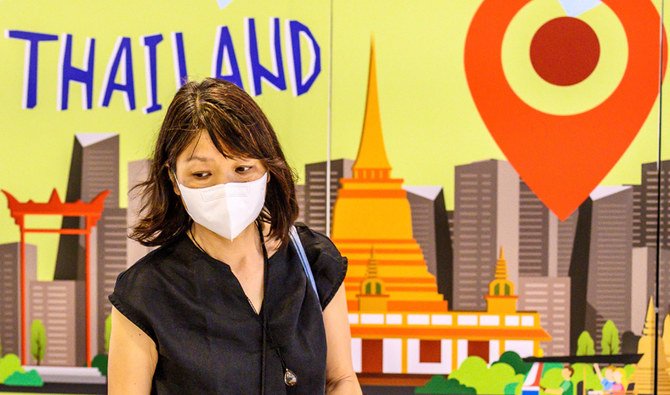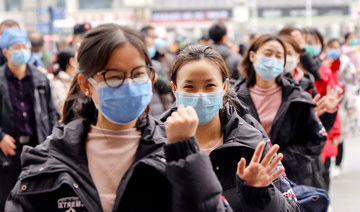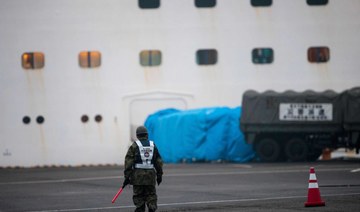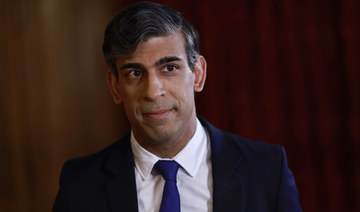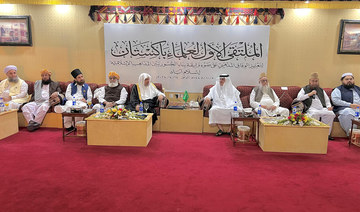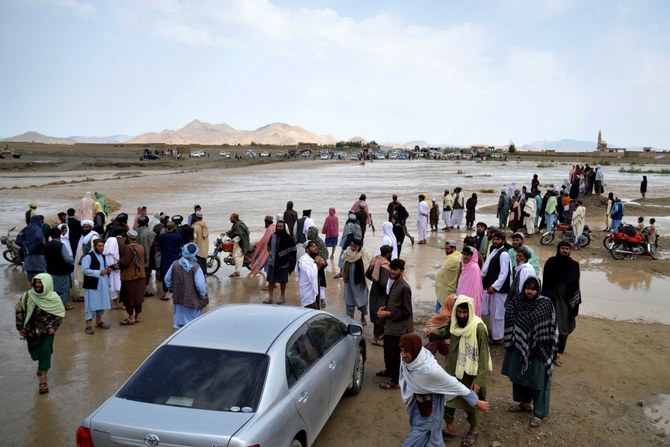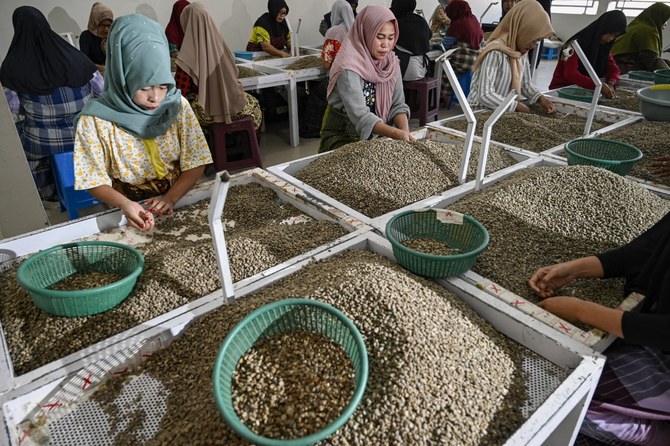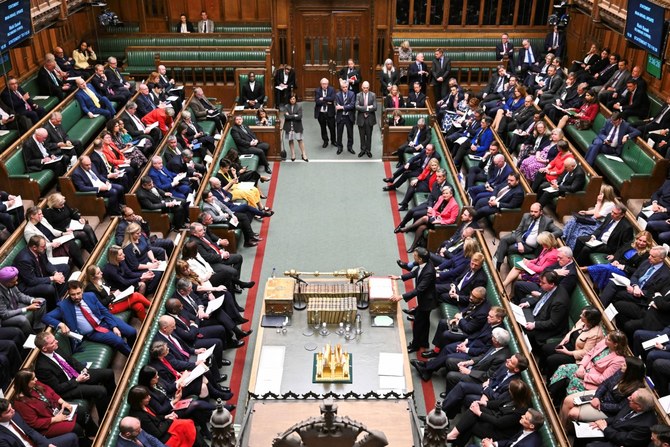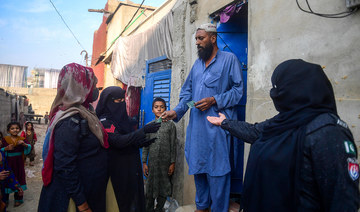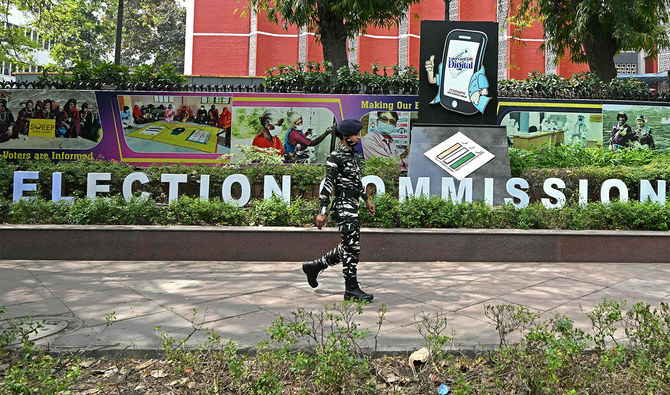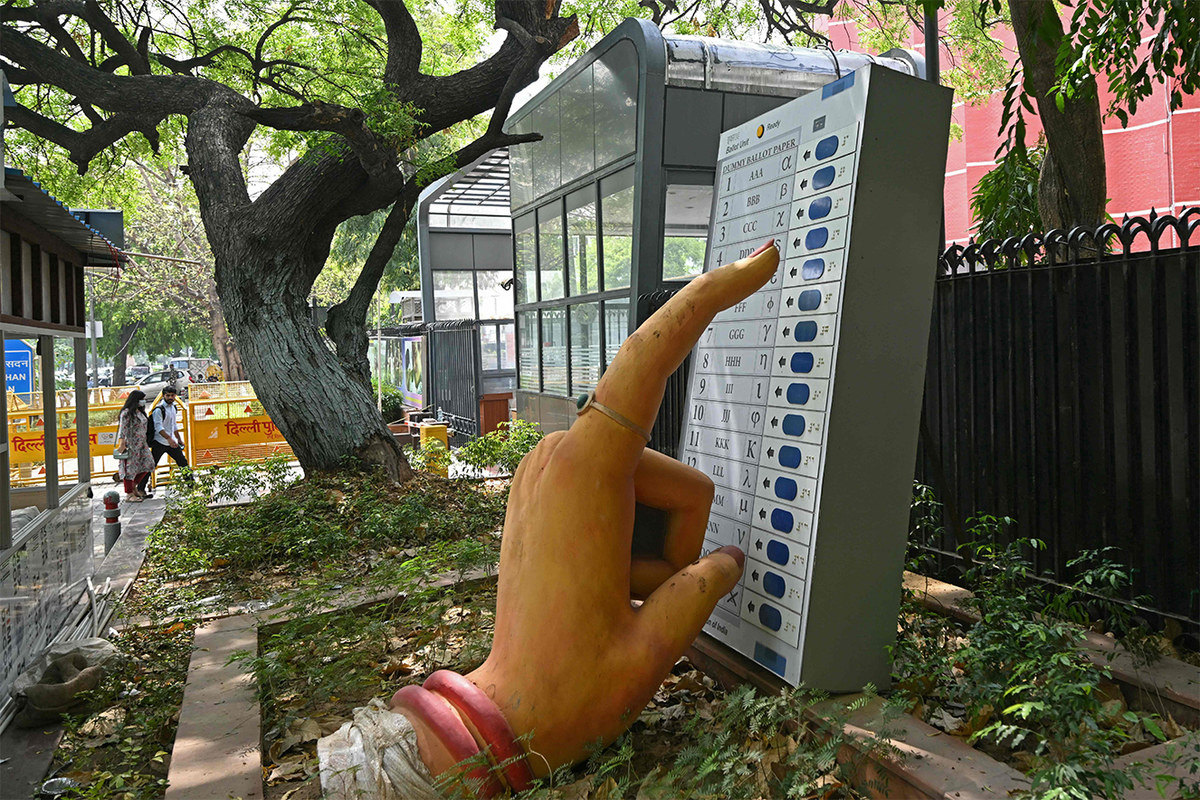BEIJING: China reported 1,886 new virus cases and 98 more deaths in its update Tuesday on a disease outbreak that has caused milder illness in most people, an assessment that promoted guarded optimism from global health authorities.
The update raised the number of deaths in mainland China to 1,868 and the total confirmed cases to 72,436.
On Monday, the Chinese Center for Disease Control and Prevention published a study of earlier cases of the disease, finding more than 80 percent of people infected had mild illness and the number of new infections seem to be falling since early this month.
Monday’s report gives the World Health Organization a clearer picture of where the outbreak is headed, WHO Director-General Tedros Adhanom Ghebreyesus said at a news conference.
But he added it was too early to know if the reported decline would continue. “Every scenario is still on the table,” he said.
The seeming drop in the number of cases follow a large spike last week after hard-hit Hubei province began counting cases by doctors’ diagnoses without waiting for laboratory test results. Health authorities there said the change was meant to get patients treated faster.
The disease named COVID-19 emerged in December in Wuhan, Hubei’s capital, and the surrounding region has been put under lockdown to try to contain the outbreak. Transportation has been halted, thousands of hospital beds have been added, and military doctors and nurses have been deployed to staff facilities in the overwhelmed local health-care system.
Opinion
This section contains relevant reference points, placed in (Opinion field)
China may postpone its annual congress in March, its biggest political meeting of the year. The standing committee for the National People’s Congress will meet Feb. 24 to deliberate postponing the meeting that is due to start March 5.
China’s annual auto show, one of the industry’s biggest international events, has been postponed, and many sports and entertainment events have been delayed or canceled to avoid travel that may spread the virus.
The Chinese CDC’s study examined 44,672 cases of the disease that were confirmed in China as of Feb. 11. Severe symptoms such as pneumonia occurred in 14 percent of them and critical illness in 5 percent. The fatality rate was 2.3 percent — 2.8 percent for males versus 1.7 percent for females.
The death rate is lower than for SARS and MERS, diseases caused by coronaviruses related to the one that causes COVID-19. But the new virus ultimately could prove more deadly if it spreads to far more people than the others did. Ordinary flu has a fatality rate of 0.1 percent yet kills hundreds of thousands because it infects millions each year.
The COVID-19 cases include relatively few children, and the risk of death rises with age. It’s higher among those with other health problems — more than 10 percent for those with heart disease, for example, and higher among those in Hubei province versus elsewhere in China.
The study warned that while cases seem to have been declining since Feb. 1, that could change as people return to work and school after the Lunar New Year holidays. Beijing sought to forestall that by extending the holiday break, restricting travel and demanding 14-day self-quarantines for anyone returning from outside their immediate region.
Travel to and from the worst-hit central China region was associated with the initial cases of COVID-19 confirmed abroad. But Japan, Singapore and South Korea have identified new cases without clear ties to China or previously known patients, raising concern of the virus spreading locally.
The largest number of cases outside China is among passengers and crew of the Diamond Princess cruise ship quarantined at a port near Tokyo. The Japanese Health Ministry has tested 1,723 people among the 3,700 initially on board, and 454 have tested positive.
The US evacuated 338 American passengers, with most of them placed in a 14-day quarantine at military bases in California and Texas. Thirteen who tested positive for the virus were taken to hospitals in California and Nebraska.
Any quarantined passengers who shows symptoms of infection will be taken to a hospital off the base “for containment and specialized care,” according to a statement from Centers for Disease Control and Prevention spokesman Scott Pauley. The CDC rather than the Department of Defense is responsible for all parts of the quarantine operation.








